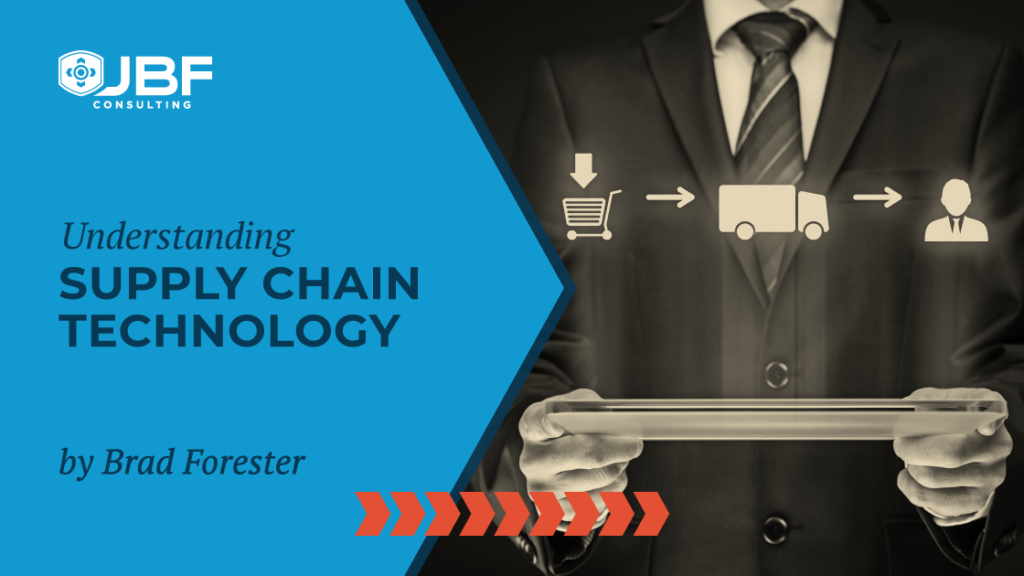“If you build it, they will come.” Some of us are unfortunate enough to believe this about our businesses. We find out the hard way that creating a business means little if you don’t have the right technologies in place to run it. In a technologically advancing world, IT processes make all the difference. Unfortunately, business owners may find out too little, too late that the right IT setup and advanced tools don’t necessarily make for streamlined supply chain processes.
The Supply Chain Technology Difference
For all businesses, information technology is a tool. Like a hammer or a saw, if you try to cut lumber with the hammer, it's going to be difficult. Big companies need business process integration to effectively utilize their technology systems and make sure products are moved the way they need to be. Not having these systems in place can product a multitude of problems for business owners.
Understanding Risk
Without supply chain technology systems in place, risk is difficult to identify. The risk can range anywhere from spotting and correctly working with a defective product to failing to recognize particular processes that could result in citations or fines when regulating bodies come in to audit your business. Without a way to automate and understand the data that’s part of your particular supply chain, you never know when you’ll need data or products that will be missing at a critical moment.
Missed Opportunity
With a lack of ability to identify whether your processes are working for you, missed opportunities are very possible. Data you track through your supply chain process can provide interesting and ample insight into other areas of your business. The inability to track the data that leads you to come to these types of conclusions can end up a missed opportunity for your business.
Big business can’t rely on simple IT technology to regulate the supply chain. It’s time for businesses to ensure the details aren’t lost in the data by engaging with supply chain technology in a resourceful, appropriate way.
Find out more by taking advantage of Brad’s Free Consult offer - contact Brad Forester today!
About the Author
Brad Forester, CEO of JBF, is a highly recognized senior supply chain leader with over 23 years managing, designing, and implementing freight transport technology, Brad has a unique mix of carrier, shipper, software, and consulting experiences that benefit clients. With functional expertise in Global TMS Programs, Change Management, Organizational Design, and Systems Integration, he has been leveraging these skills to benefit clients since he founded JBF in 2003. Brad has a BA in logistics management from Michigan State University.
About JBF Consulting
Since 2003, we’ve been helping shippers of all sizes and across many industries select, implement and squeeze as much value as possible out of their logistics systems. We speak your language — not consultant-speak – and we get to know you. Our leadership team has over 100 years of logistics and TMS implementation experience. Because we operate in a niche — we’re not all things to all people — our team members have a very specialized skill set: logistics operations experience + transportation technology + communication and problem-solving skills + a bunch of other cool stuff.


